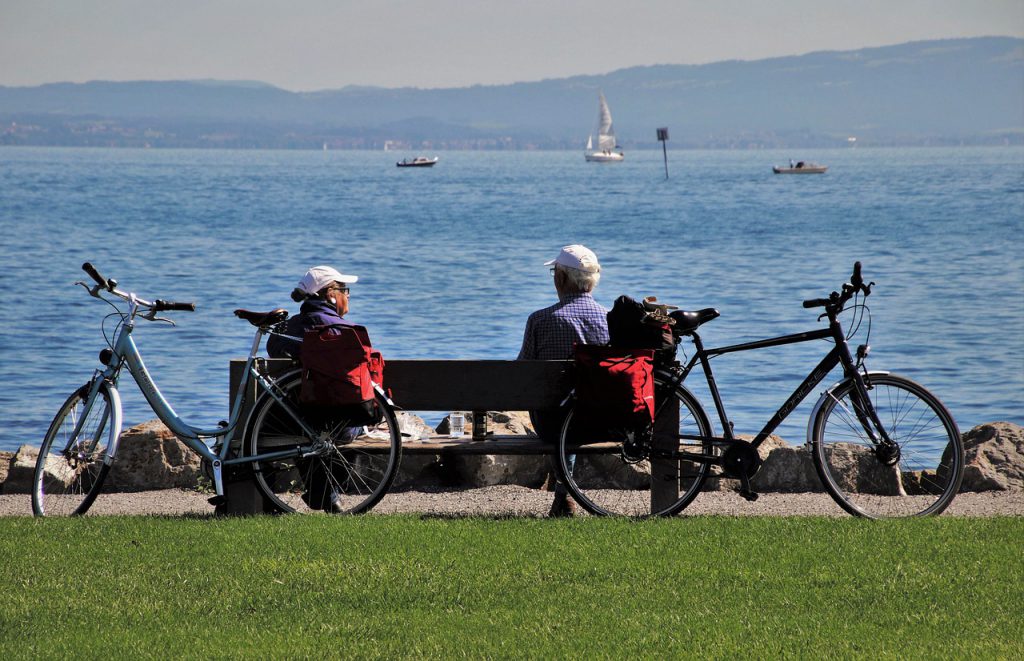
Travel Tips for Elderlies & Aged People – Part 3
This is third part of the series of articles on travel tips for the elderly. You can read part 1 and part 2 by clicking the respective links.
Traveling is frequently avoided by the elderly and the aged for a variety of reasons, but as the phrase goes, “where there is a will, there is a way.” Being prepared and doing a little planning in advance can go a long way in making the trip comfortable and tension-free even for aged people.
More travel tips For elderly & aged people to ensure a happy and safe journey:
For overseas travel, enable roaming:
Before you go, call your mobile phone carrier and turn on worldwide roaming and data on your phone. Overseas roaming prices are exorbitant. if you don’t like to spend so much, pick up a local SIM card at your location to make low-cost domestic and international calls.
bBreathing issues:
Nowadays traveling has been made easier for the elderly; there are several conveniences and alternatives available to make your holiday more enjoyable. If you need oxygen or breathing equipment, such as a CPAP machine, notify your airline at least 72 hours before your flight so that preparations may be made.
Withdrawal effects:
ATMs are the most convenient way to receive cash abroad using your bank or debit card. Be aware that costs for foreign transactions can be significant, and you may additionally be charged by the ATM operator. Never use a credit card to withdraw cash from an ATM. You will be charged a fee as well as a high-interest rate with no interest-free time.
Vaccination:
If you’re traveling abroad, you may need to have specific vaccines before you leave—in some situations, up to 6 weeks in advance. Visit the Centers for Disease Control and Prevention’s (CDC) Passengers’ Health page to learn about the precautions you and your fellow travelers may need to take when going overseas.
Check your health:
Have your doctor produce a list of all your current drugs, including their generic names, doses, and frequency of administration. Make a duplicate and keep it separate from your main suitcase. If you take medications and will be crossing time zones, consult with your healthcare professional about whether you should take them at your typical home time zone time or switch to the local time zone. Inquire whether any new meals you try while traveling may interfere with your prescriptions or health issues.
Meter on/off:
When getting a cab for a short distance, insist on using the meter. Consider negotiating your fare in advance for lengthier trips. Remember to offer a tip if it is customary to do so. If you intend to drive in another country, you must first get an International Driving Permit. These are available from your state’s motor vehicle registry office.
Cultural differences:
When you arrive at your location, you may experience culture shock. Recognize that this is natural and that it will take some time to adjust. Consider the changes to be exciting, and make an effort to learn about your new surroundings to reduce your uneasiness.
Take in the atmosphere
By purchasing a drink at an outside café, you may soak up the ambiance of a crowded street or pizza. You may enjoy people watching and rest your feet for a nominal price.
Actions speak louder than words.
Be aware that gestures like pointing, waving, or clapping may have various meanings in different cultures. Avoid being deemed impolite by learning what they signify to the locals.
Taking care of yourself while on vacation:
Allow for a day or two of rest to recuperate from jet lag. Remember that flying west rather than east may reduce the impact of jet lag. Drink bottled water if you are unsure about the water source. Don’t plan a jam-packed agenda for every day of your vacation; instead, plan for lots of rest intervals, especially in hot weather.
